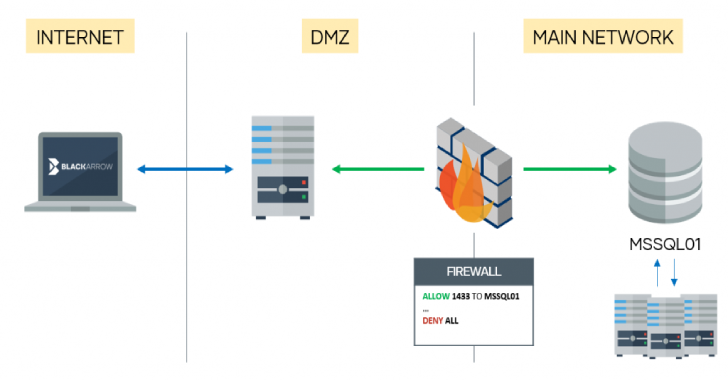ThunderCloud is a Cloud Exploit Framework.
Usage
python3 tc.py -h
_______ _ _ _____ _ _
|__ __| | | | / ____| | | |
| | | |__ _ _ _ __ __| | ___ _ __| | | | ___ _ _ __| |
| | | '_ \| | | | '_ \ / _` |/ _ \ '__| | | |/ _ \| | | |/ _` |
| | | | | | |_| | | | | (_| | __/ | | |____| | (_) | |_| | (_| |
\_/ |_| |_|\__,_|_| |_|\__,_|\___|_| \_____|_|\___/ \__,_|\__,_|
usage: tc.py [-h] [-ce COGNITO_ENDPOINT] [-reg REGION] [-accid AWS_ACCOUNT_ID] [-aws_key AWS_ACCESS_KEY] [-aws_secret AWS_SECRET_KEY] [-bdrole BACKDOOR_ROLE] [-sso SSO_URL] [-enum_roles ENUMERATE_ROLES] [-s3 S3_BUCKET_NAME]
[-conn_string CONNECTION_STRING] [-blob BLOB] [-shared_access_key SHARED_ACCESS_KEY]
Attack modules of cloud AWS
optional arguments:
-h, --help show this help message and exit
-ce COGNITO_ENDPOINT, --cognito_endpoint COGNITO_ENDPOINT
to verify if cognito endpoint is vulnerable and to extract credentials
-reg REGION, --region REGION
AWS region of the resource
-accid AWS_ACCOUNT_ID, --aws_account_id AWS_ACCOUNT_ID
AWS account of the victim
-aws_key AWS_ACCESS_KEY, --aws_access_key AWS_ACCESS_KEY
AWS access keys of the victim account
-aws_secret AWS_SECRET_KEY, --aws_secret_key AWS_SECRET_KEY
AWS secret key of the victim account
-bdrole BACKDOOR_ROLE, --backdoor_role BACKDOOR_ROLE
Name of the backdoor role in victim role
-sso SSO_URL, --sso_url SSO_URL
AWS SSO URL to phish for AWS credentials
-enum_roles ENUMERATE_ROLES, --enumerate_roles ENUMERATE_ROLES
To enumerate and assume account roles in victim AWS roles
-s3 S3_BUCKET_NAME, --s3_bucket_name S3_BUCKET_NAME
Execute upload attack on S3 bucket
-conn_string CONNECTION_STRING, --connection_string CONNECTION_STRING
Azure Shared Access key for readingservicebus/queues/blobs etc
-blob BLOB, --blob BLOB
Azure blob enumeration
-shared_access_key SHARED_ACCESS_KEY, --shared_access_key SHARED_ACCESS_KEY
Azure shared key
Requirements
* python 3
* pip
* git
Installation
- get project `git clone https://github.com/Rnalter/ThunderCloud.git && cd ThunderCloud/`
- install [virtualenv](https://virtualenv.pypa.io/en/latest/) `pip install virtualenv`
- create a python 3.6 local enviroment `virtualenv -p python3.6 venv`
- activate the virtual enviroment `source venv/bin/activate`
- install project dependencies `pip install -r requirements.txt`
- run the tool via `python tc.py --help`
Running ThunderCloud
Examples
python3 tc.py -sso <sso_url> --region <region>
python3 tc.py -ce <cognito_endpoint> --region <region>
Please consider following and supporting us to stay updated with the latest information.









.png)






